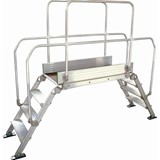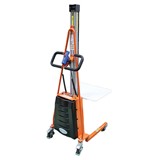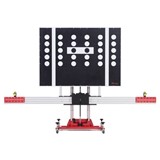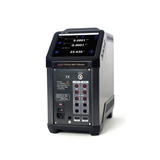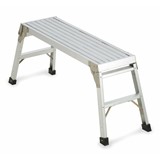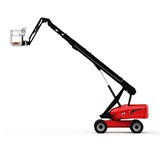The campaign focuses on the challenging work of a field calibration technician and how the right gear can make that work much easier and also more efficient.
Being a field calibration technician in the processing industry is a tough job: you are under constant pressure to be more effective; you need to have many skills and carry multiple devices; environmental conditions can be challenging and constantly changing; and the documentation of data takes time and is difficult in the field.
Having the right gear makes the work much easier and also more efficient.
"Out of more than 2000 people who have responded to our studies on challenges in current calibration processes, every other person says he or she would like to carry less equipment in the field. According to the responses, this is by far the biggest challenge," said Raimo Ahola, CEO of Beamex Group.
"Secondly, more than a third of the respondents state that documentation takes too much time and almost as many people stated that errors relating to documentation of data are too common."
Jan-Henrik Svensson, VP Marketing & Sales of Beamex Group said: "Since there are a lot of things for a calibration technician to do, you need to be more effective all the time. Equipment with automated and guided procedures is one solution to this challenge.
"Furthermore, several individual applications may be possible to perform with just one multifunctional measurement device, which means that less equipment needs to be purchased, maintained and, ultimately, carried in the field.
"Often a technician needs to use many different tools; therefore the ease-of-use is important. If the environment is, for instance, dirty, wet, dusty or even potentially explosive, you have to consider the required classification for the equipment.
"Documenting the calibration work done in the field may take a lot of effort and can be prone to error if done manually.
"Using field equipment together with software significantly improves the efficiency of documentation work and the quality of data.
"In conclusion, many of the challenges field calibration technicians have can be overcome by carefully planning what kind of gear and equipment a technician should have."


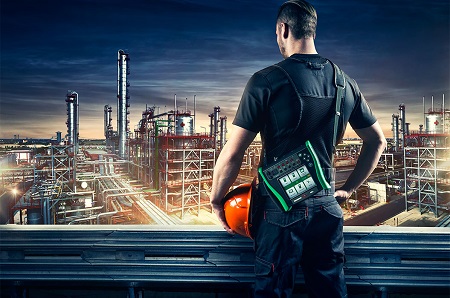

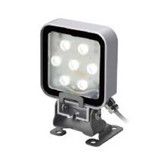
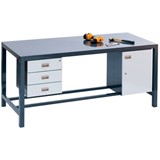
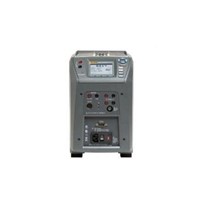
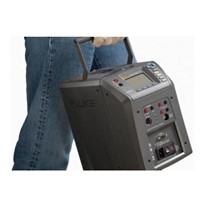
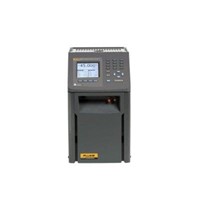
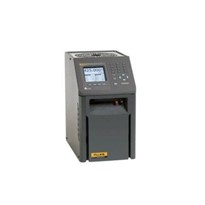
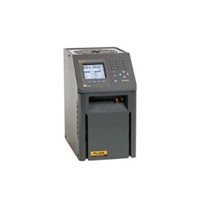
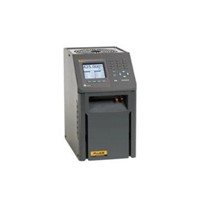
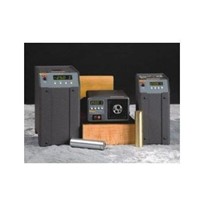
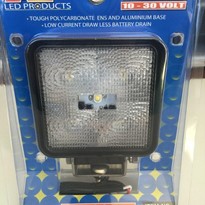
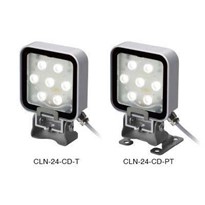
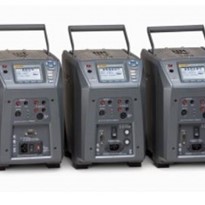
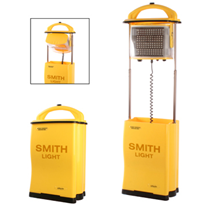
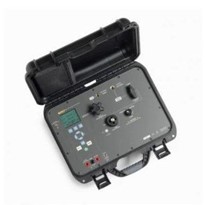
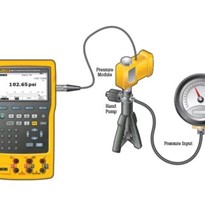
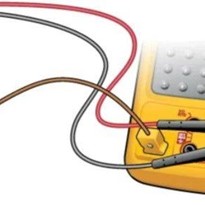
-205x205.jpg)

